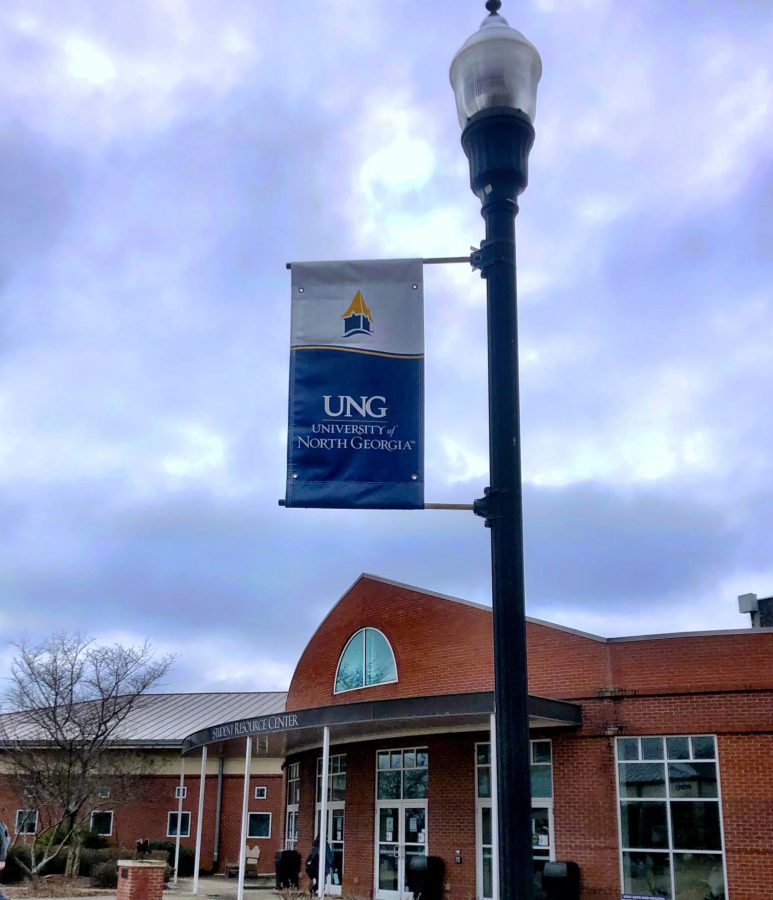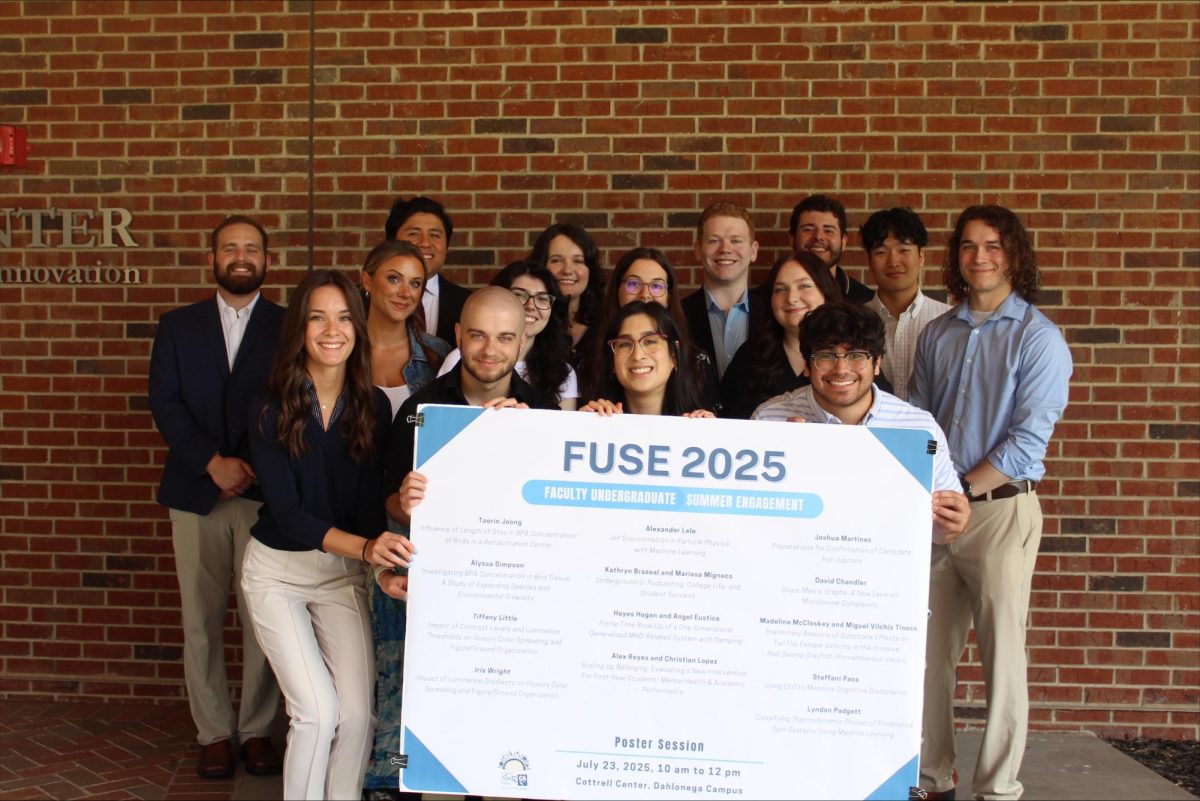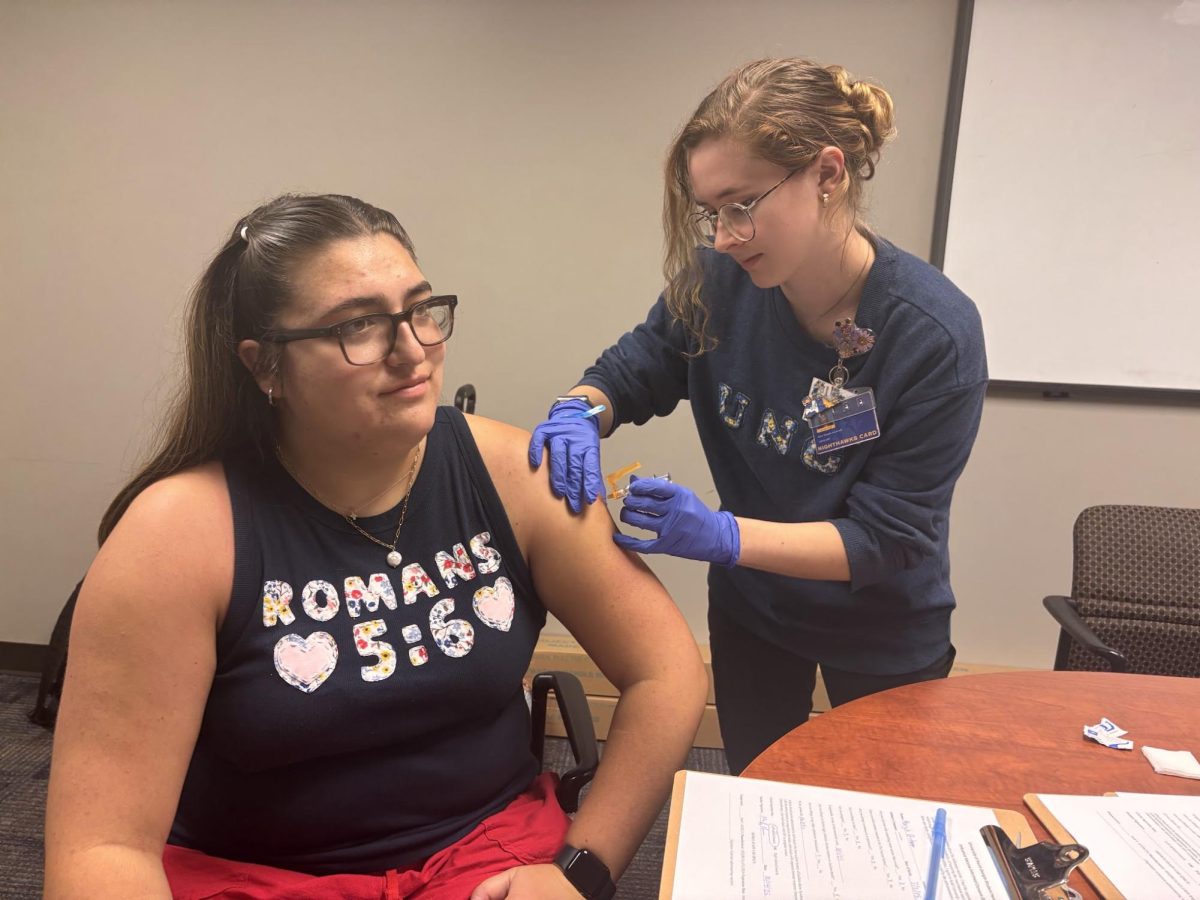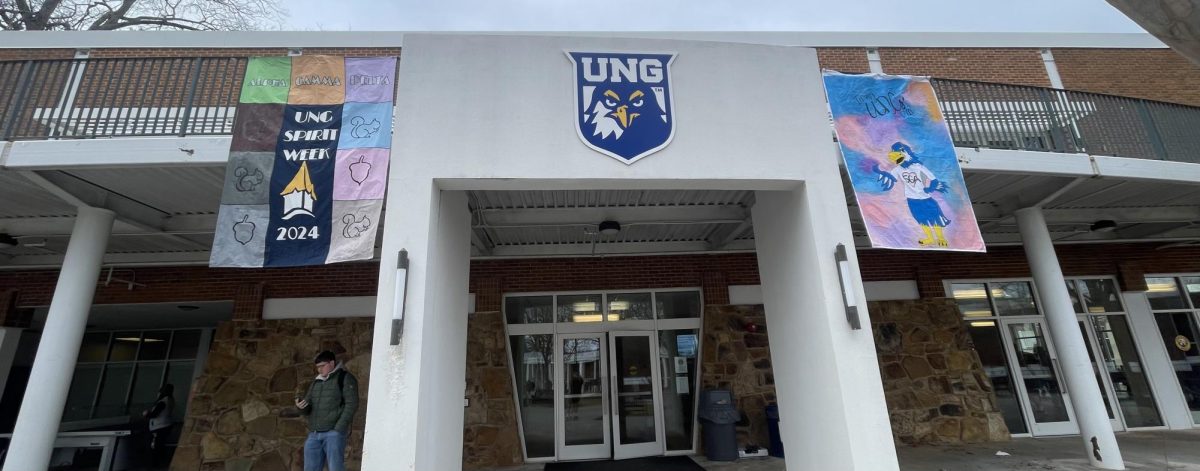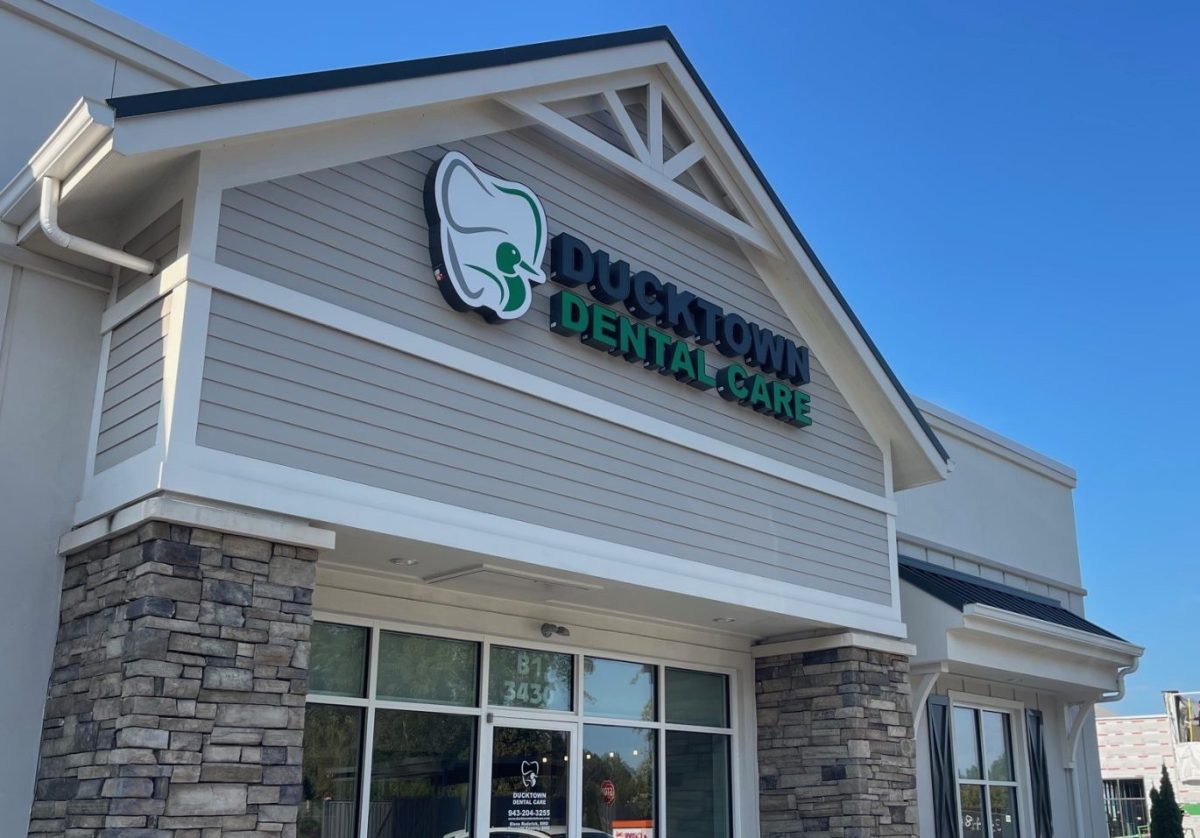Since the start of the pandemic, there has been a national decline in college enrollments. Due to multiple reasons, students are choosing not to attend college causing a big impact in the school systems.
From this time last year, the University of North Georgia is down 2500 admission applications.
“All USG schools are requiring SAT and ACT scores again, a lot of colleges are not doing that, so we’re seeing even sharper declines as far as our numbers of applications.” – Kristin Stalvey, Admissions Coordinator
Students are starting the applications but failing to complete them. They haven’t taken the test as it was not required for over a year. Stalvey said that there are a lot of incomplete applications just sitting out there.
UNG is state-funded based on its credit hour production and if that declines, so does the money received from the state. UNG is working with fewer resources but still trying to bring in more students and keep them as well.
NPR labeled it as a “historic decline” that is affecting not just Georgia, but the whole nation. The Washington Post also reported the number of Americans going to college “down by nearly a million since the start of the pandemic.”
There are long-term effects to students not getting a higher education. Jason Lane, dean of Miami University’s College of Education, Health and Society, said, “society is going to be less healthy… it’s going to be less economically successful. It’s going to be harder to find folks to fill the jobs of the future, and there will be lower tax revenues because there won’t be as many people in high-paying jobs. It will be harder for innovation to occur.”
The Washington Post brings out reasons like “declining birthrates, the widespread immediate availability of jobs, greater public skepticism of the need for higher education” are the cause of declining college enrollments. Many job opportunities started growing and paying well which led to students skipping college.
The biggest issue is more jobs are not requiring college degrees and people are creating their own businesses. Although these job opportunities are beneficial, the lack of students causes economic and social challenges for colleges.
The pandemic had social and economic consequences that affected many students. Some lost their financial aid, struggled with virtual learning, or just had a tough semester that they decide to take a semester off. Colleges have resources to help students through this and can be a great help in restoring the decline.





















